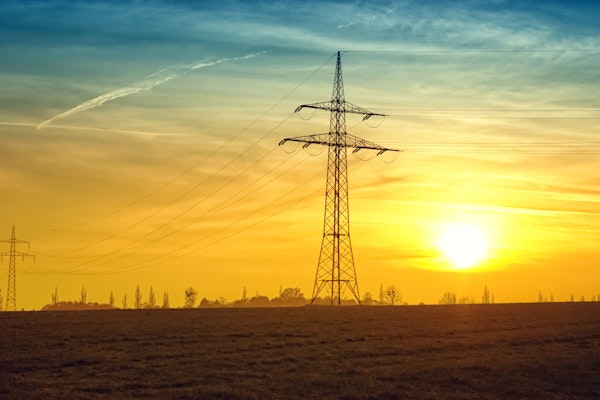
Rising Home Insurance: Could Harmonic Distortion in Power Systems Be to Blame?
Harmonic distortion is a hidden electrical issue that strains appliances, raises fire risks, and may soon drive up home insurance rates in areas near high-energy data centers.
December 30, 2024
Insurance Industry
Property
Risk Management
Technology
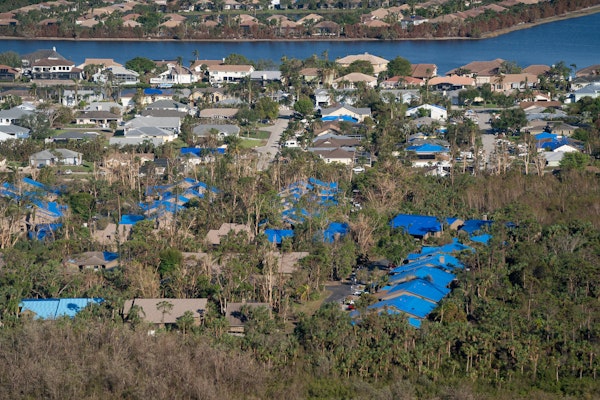
Florida Man Accused of Hurricane Irma Insurance Fraud
A man from Coral Springs, Florida, is under investigation for insurance fraud after allegedly filing a false claim for Hurricane Irma damages, with encouragement from their public adjuster.
December 26, 2024
Fraud
Insurance Industry
Litigation
Property
Florida
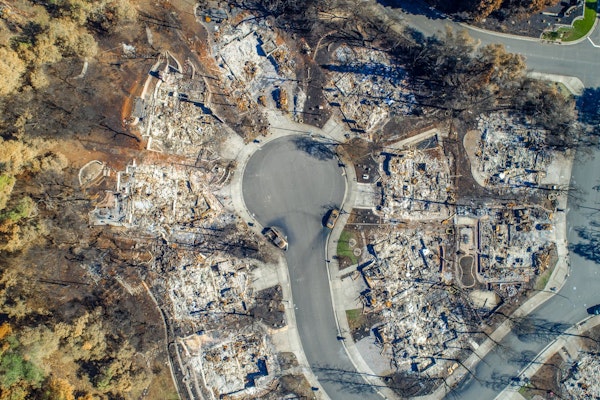
Three Years After Marshall Fire: Hidden Health Risks in Smoke-Damaged Homes
Even homes that escaped flames during the Marshall Fire may harbor harmful chemicals from wildfire smoke, posing long-term health risks for residents.
December 26, 2024
Catastrophe
Life & Health
Property
Risk Management
Colorado
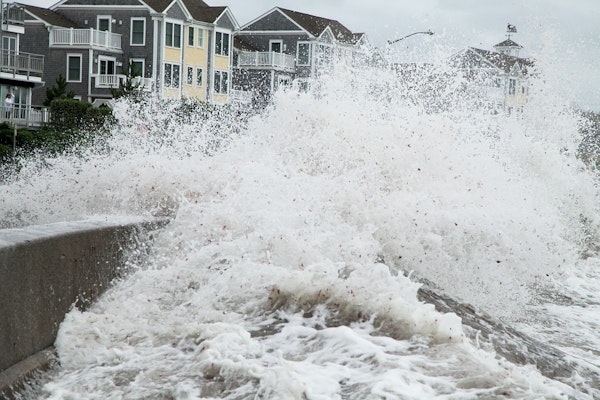
Catastrophe Bonds Drive Market Growth to Record $50 Billion
Catastrophe bonds reached a record $17.7 billion in issuance for 2024, as insurers turn to private investors to manage growing climate-related risks and rising rebuilding costs.
December 26, 2024
Catastrophe
Insurance Industry
Property
Risk Management
Florida

California Faces Torrential Rains, Tornado Warnings, and Fires Amid Severe Weather Events
Northern California grapples with flooding and tornadoes, while Southern California battles wildfires and heat in an unprecedented stretch of extreme weather linked to La Niña and climate change.
December 26, 2024
Catastrophe
Insurance Industry
Property
Risk Management
California

Is 3D Printing Transforming Construction?
Innovative 3D printing technology is reshaping residential and commercial construction, offering faster, cost-effective, and sustainable solutions to address the housing shortage.
December 26, 2024
Litigation
Property
Risk Management
Technology
Florida
Nevada
Tennessee
Texas
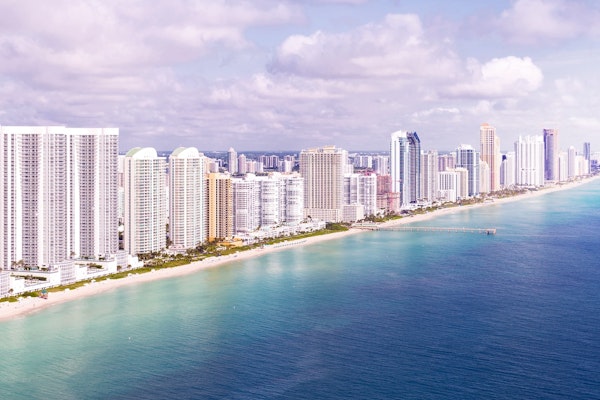
South Florida Buildings Face Risks from Coastal Subsidence Hotspots
Recent satellite studies reveal ground sinking up to 8 cm in parts of Miami Beach, Sunny Isles Beach, and Surfside, potentially impacting structural stability of buildings.
December 19, 2024
Legislation & Regulation
Property
Risk Management
Technology
Florida

North Dakota Grants Key Approval for Midwest CO2 Pipeline Storage
North Dakota regulators approved permits for underground carbon dioxide storage, a critical step for Summit Carbon Solutions’ Midwest pipeline project, despite ongoing opposition.
December 19, 2024
Legislation & Regulation
Property
Risk Management
Technology
Iowa
Minnesota
Nebraska
North Dakota
South Dakota
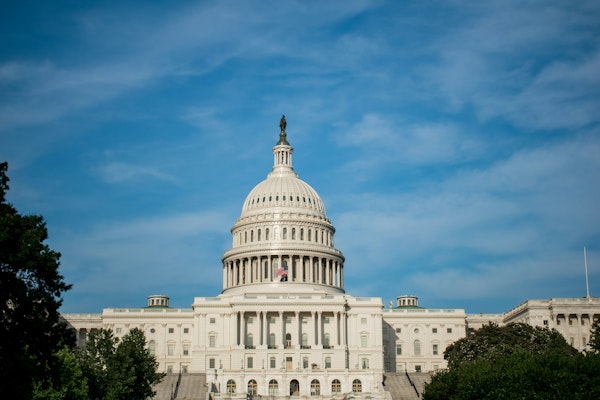
Senate Report Blames Climate Change for Insurance Challenges as Industry Pushes Back
The Senate Budget Committee attributes rising non-renewal rates to climate change, but insurance experts highlight other drivers like inflation, litigation, and overbuilding.
December 19, 2024
Catastrophe
Legislation & Regulation
Property
Risk Management
California
Florida
Hawaii
Louisiana
Massachusetts
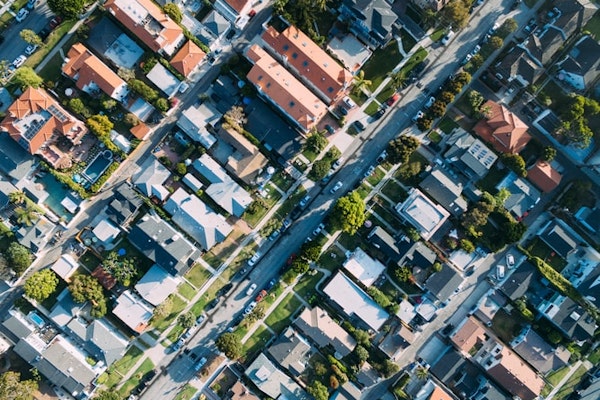
Millions of Homeowners Risk Being Underinsured for Detached Structures
AI-based analysis reveals nearly half of U.S. properties have overlooked secondary structures, highlighting risks for homeowners and insurers alike.
December 19, 2024
Property
Risk Management
Technology
Underwriting
California
Georgia
Montana
North Carolina
Rhode Island
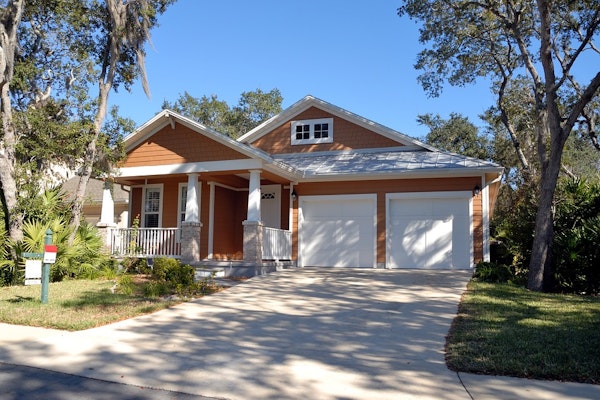
Advocacy Groups Push for FIO to Release Critical Home Insurance Data
Consumer and environmental groups urge the Federal Insurance Office to release nationwide homeowners insurance data collected by NAIC to address the evolving insurance crisis linked to climate risks.
December 18, 2024
Catastrophe
Legislation & Regulation
Property
Risk Management

NC Supreme Court Rules COVID Shutdowns Caused Physical Loss for Restaurants
The North Carolina Supreme Court diverged from most courts, finding that COVID-19 shutdowns constituted direct physical loss for restaurants under certain insurance policies.
December 18, 2024
Insurance Industry
Legislation & Regulation
Litigation
Property
New Hampshire
North Carolina

Insurance Faces Transformational Change in 2025 Amid Rising Costs and Evolving Risks
Insurers must adapt to rising operational costs, complex risks, and technological shifts as the industry evolves in 2025, Majesco reports.
December 12, 2024
Property
Risk Management
Technology
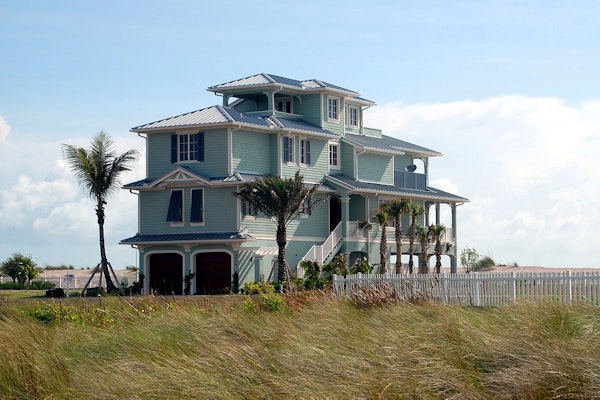
Florida Unveils Elevation Program to Mitigate Flood Risks for Homes
Florida introduces the Elevate Florida program, offering grants and SBA loans to elevate flood-prone homes, aiming to reduce claims, lower insurance rates, and improve disaster resilience.
December 11, 2024
Catastrophe
Insurance Industry
Legislation & Regulation
Property
Florida

Sodium-Ion Batteries: A New Player in Energy Storage
Sodium-ion batteries offer a more affordable and eco-friendly alternative to lithium-ion technology, with potential applications in energy storage despite size limitations.
December 10, 2024
Property
Risk Management
Technology
North Carolina





